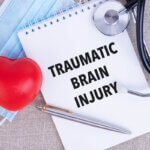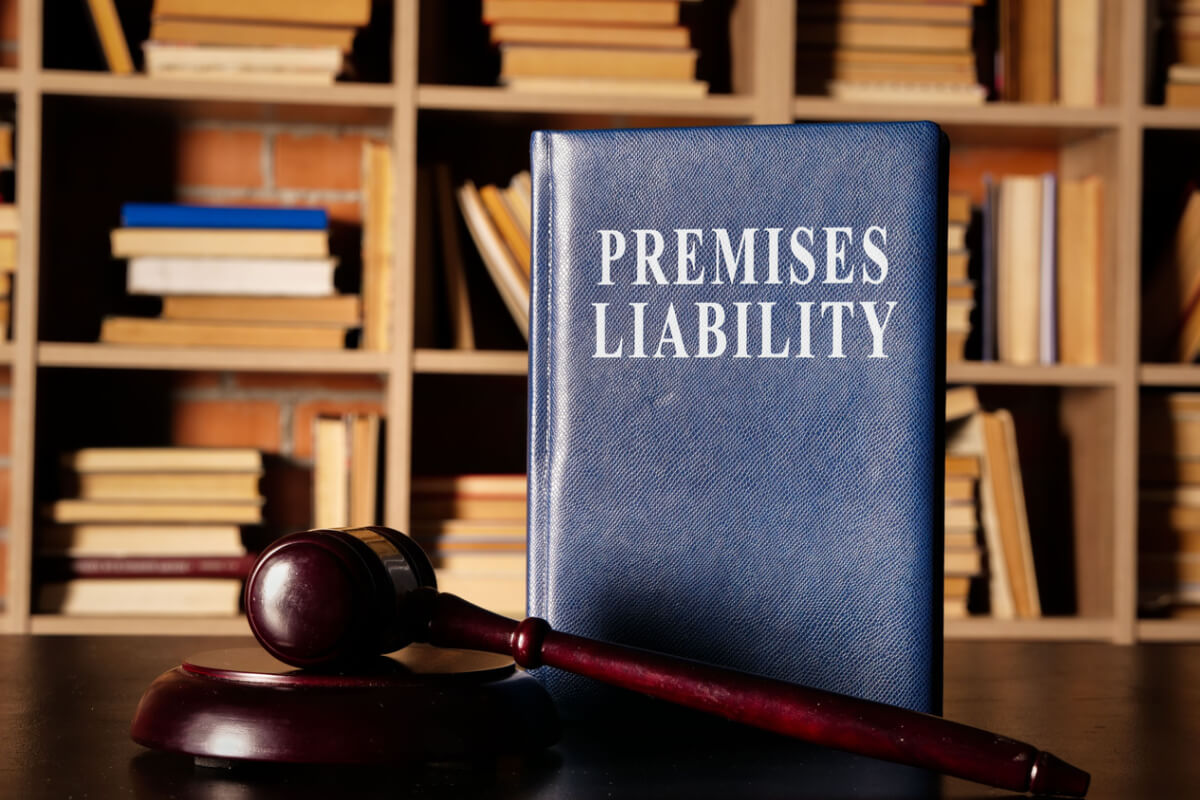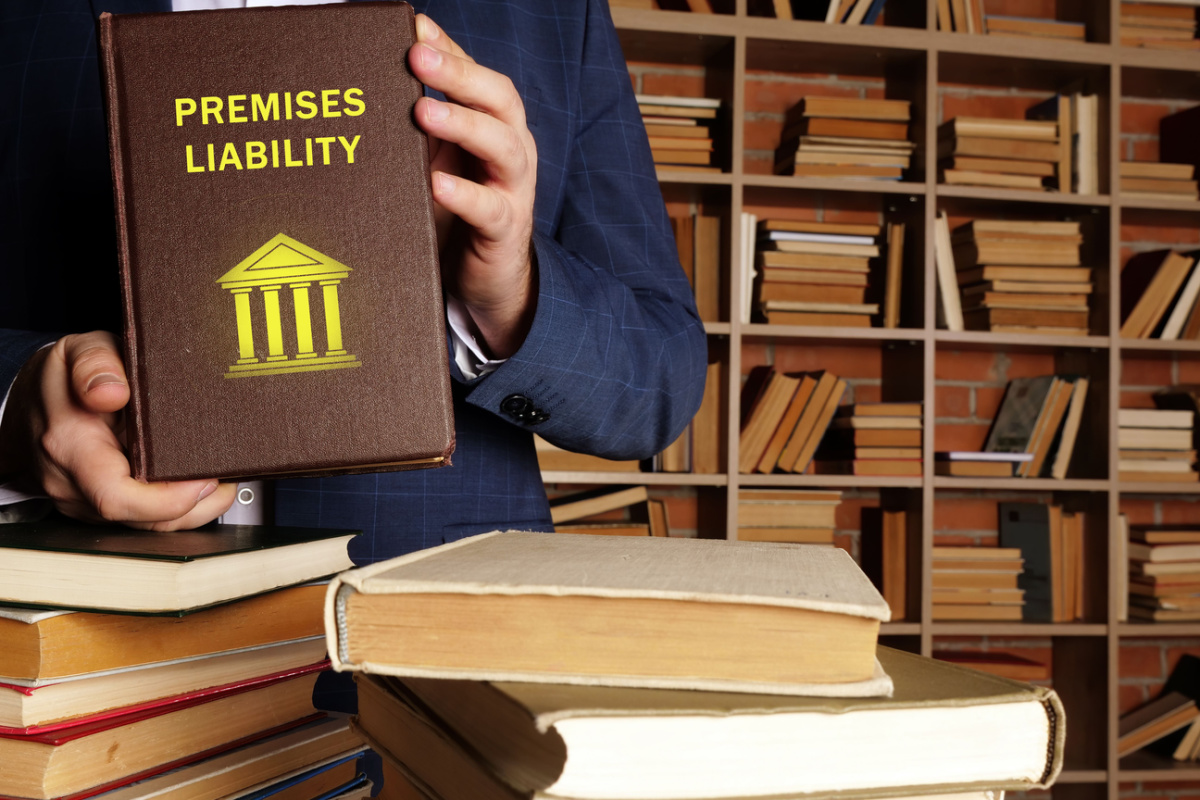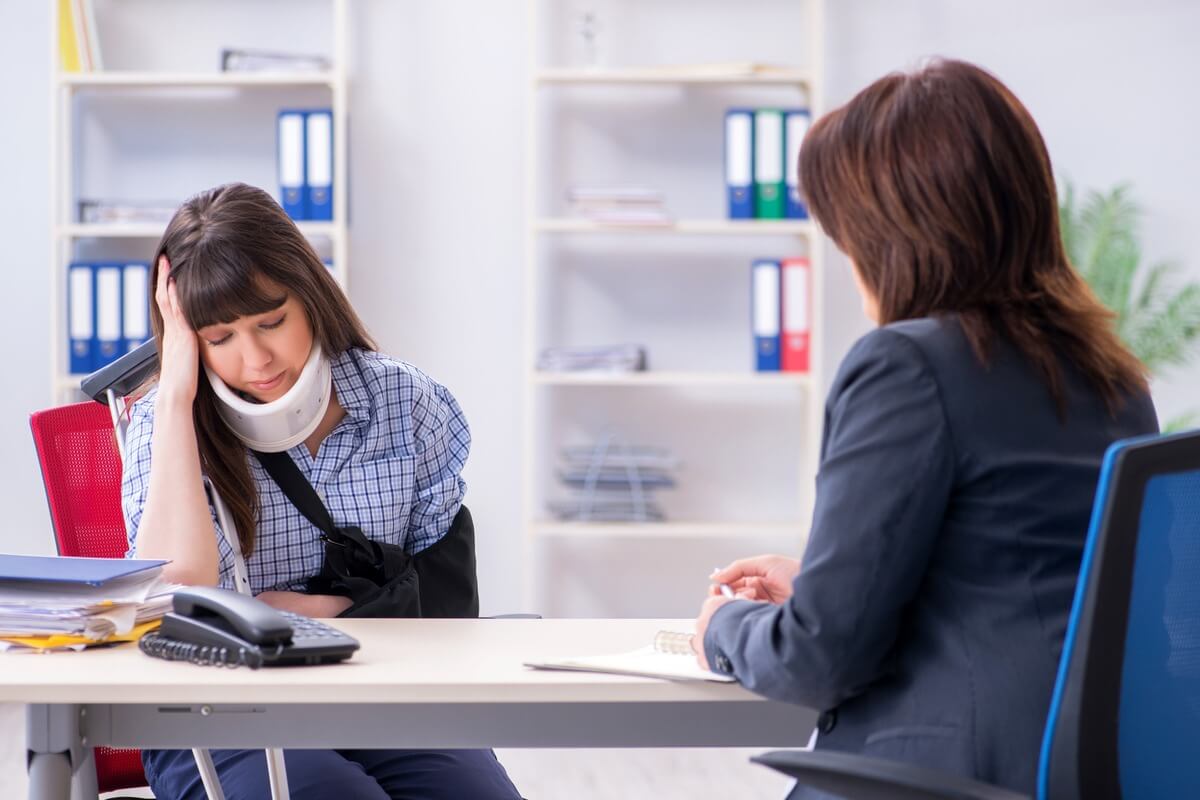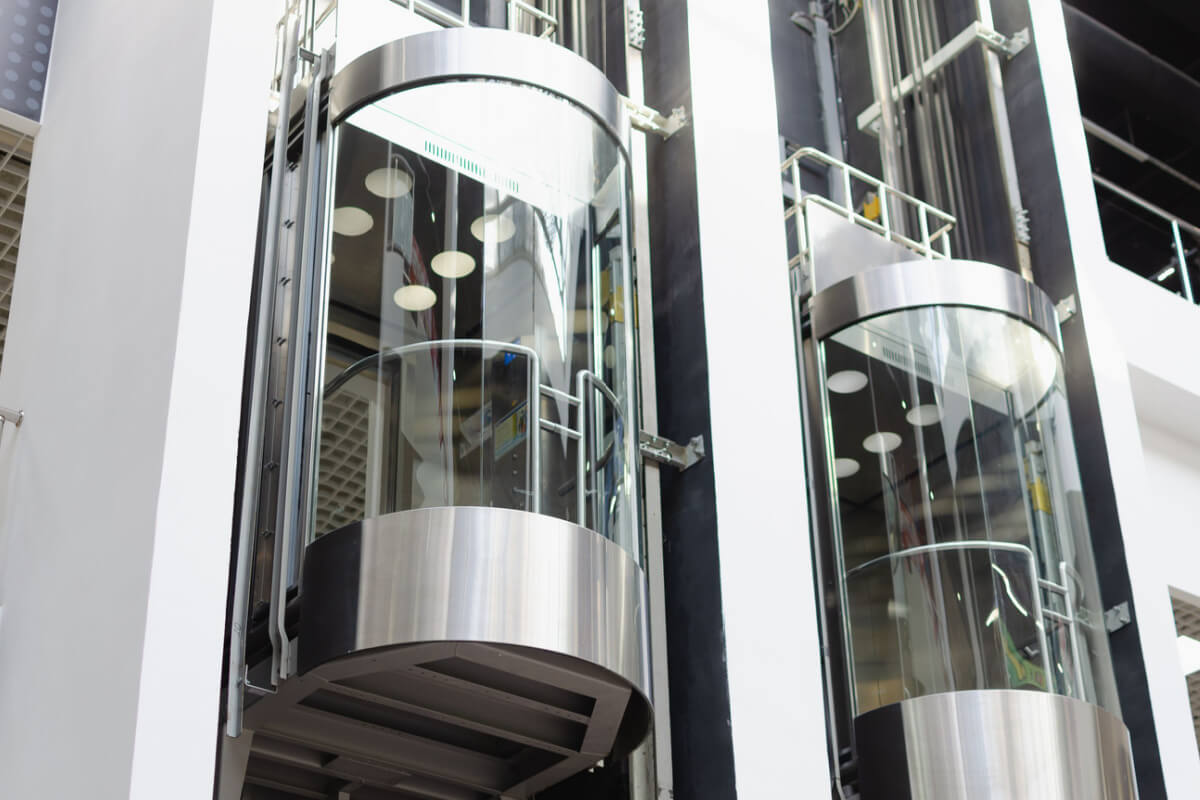
The tallest building in Louisiana – the Hancock Whitney Centre in downtown New Orleans – measures an impressive 697 feet and encompasses 51 floors. Elevators and escalators allow us to get around skyscrapers with ease, but also present a risk greater than a fear of heights. Elevator and escalator accidents occur more frequently than most people realize. These mechanical devices, often taken for granted, can become sites of unexpected injury. While many rides on elevators and escalators happen without incident, even minor malfunctions can result in significant harm. Factors such as poor maintenance, faulty design, or simple wear and tear can trigger these accidents.
In legal terms, premises liability refers to the accountability of property owners for injuries sustained on their grounds, including those caused by malfunctioning elevators or escalators. Whether a shopping mall, an office building, or an apartment complex, owners have a responsibility to ensure safe operation of these vertical transportation devices.
Key Elements of Premises Liability: A Primer
When it comes to premises liability, certain core elements must be present to pursue a claim successfully. First, ownership or control of the property in question needs to be clearly established. This sets the stage for determining who holds the accountability for any accidents. Second, a duty of care is a legal term describing the obligation property owners have to keep their premises safe. Any lapse in fulfilling these obligations can be grounds for a claim.
Third, causation must be shown, linking the property owner’s negligence to the injury sustained. Simply put, if a poorly maintained elevator led to an accident, a direct connection needs to be made between the owner’s lack of care and the resulting harm. Lastly, actual damages have to be proven. These can range from medical expenses to loss of wages.
Common Causes of Elevator Accidents: Insights for Concerned Citizens
Elevator accidents can be alarming, not just for the individuals directly involved but also for those who frequently use these transportation systems. A variety of factors contribute to the occurrence of such accidents. One common cause is poor maintenance, which might lead to malfunctions like abrupt stops or doors failing to open correctly. Another contributing factor is faulty design, where the elevator is not built to adequate safety standards, posing risks right from the start.
Mechanical failures, such as problems with pulleys, cables, or brakes, can also lead to accidents. In some cases, user error plays a role; people might try to pry open doors or exit too quickly, leading to mishaps. Power failures and electrical issues add another layer of risk, causing elevators to stall or operate erratically.
Escalator Mishaps: Identifying Frequent Issues
Escalator accidents may not be as widely discussed as their elevator counterparts, but these incidents happen with surprising regularity. One of the most frequent issues arises from mechanical failures, such as abrupt stops or changes in speed. Poor maintenance can result in deteriorating parts, such as handrails for steps, which then become hazards. Foot entrapment, a situation where a shoe or piece of clothing gets stuck in the escalator, is another common problem.
In addition to these mechanical issues, human behavior often plays a role in escalator accidents. Actions like running, jumping, or overcrowding the escalator can result in falls or other injuries. Spilled liquids or debris on the escalator can also make surfaces slippery, contributing to accidents.
Legal Responsibilities of Property Owners: Unveiling Expectations
When it comes to elevators and escalators, property owners bear certain legal responsibilities to ensure the safety of users. Maintaining these devices in good working condition is at the top of the list. Routine inspections, timely repairs, and adherence to safety codes all fall under the property owner’s purview. Failure to meet these standards can be seen as negligence, which is a key factor in premises liability claims.
Property owners are also expected to post clear warnings if any part of an elevator or escalator is out of order or if repairs are underway. For example, signs should be displayed to inform users of a broken escalator and direct them toward alternative routes. Ignoring or delaying these duties puts people at risk and potentially makes property owners liable for any accidents occurring as a result. Knowledge of these responsibilities helps individuals better understand what to expect from building management concerning elevator and escalator safety.
Documentation Tips for Victims: Gathering Necessary Information
In the unfortunate event of an elevator or escalator accident, gathering the right information can be extremely helpful. Victims should make it a point to note down specific details such as the time and location of the accident. Witnesses can offer additional insights, so collecting their names and contact details can be valuable.
Photographs serve as powerful evidence; capturing images of the accident scene, visible injuries, and any apparent mechanical issues can be beneficial. Should there be a video surveillance camera in the vicinity, knowing its location can aid future investigations. Any maintenance records or inspection tags visible on the elevator or escalator should also be noted.
Although these steps might seem overwhelming at the moment, collecting comprehensive data can provide significant insights into the accident’s circumstances. Such information will be useful in clarifying details and holding responsible parties accountable.
Initial Steps to Take After an Accident: A Procedural Guide
After an elevator or escalator accident, initial steps can be instrumental in shaping the outcome. First and foremost, seeking immediate medical attention is advised, even if injuries appear minor. Medical records will serve as formal documentation of the event and the extent of harm suffered. Next, alerting building management or other relevant authorities about accidents is vital to ensure the issue receives prompt attention and prevents similar incidents.
People should also consider speaking to witnesses, as their accounts can be helpful in painting a more complete picture of the accident. In addition to gathering names and contact details, consider asking witnesses for a brief account of what was observed. Finally, photographing the scene, as well as any visible injuries, can be an invaluable aid.
Next Steps for Victims and Legal Remedies Available
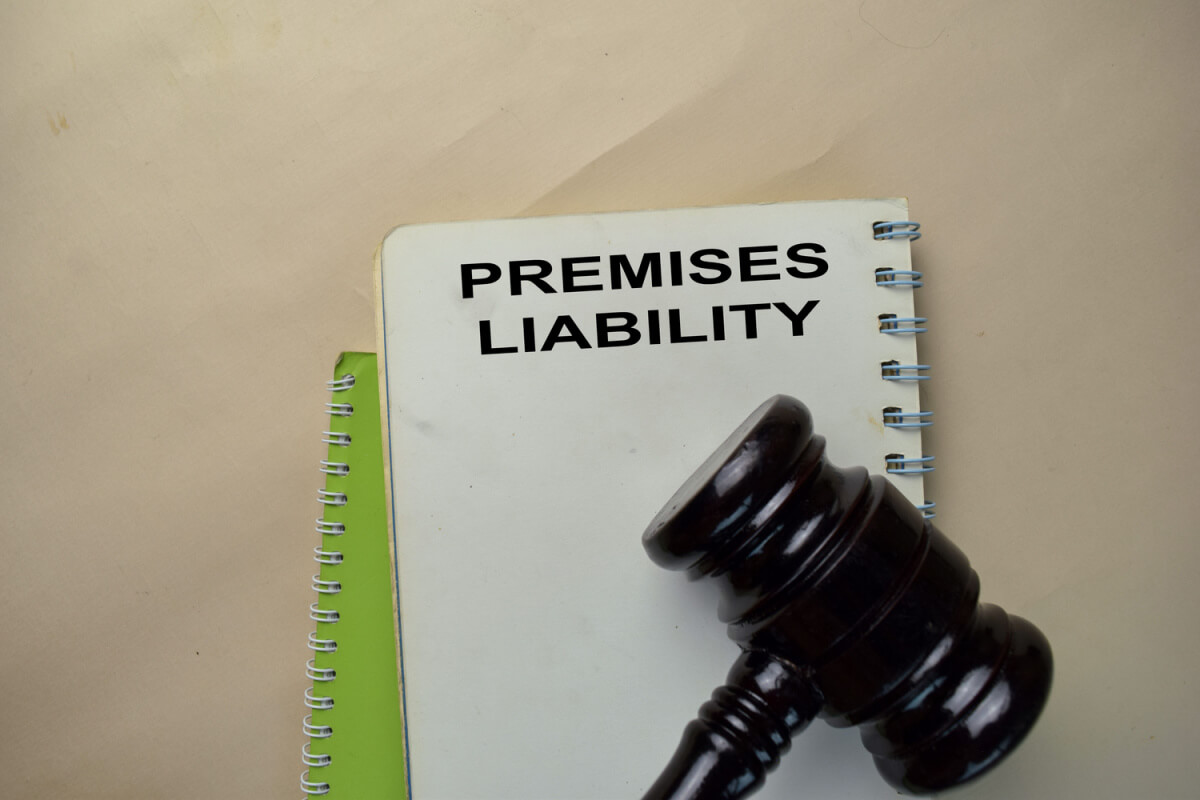
As elevator and escalator accidents are sadly more common than most realize, it’s important to know what steps to take and what options are available post-accident. Beyond immediate medical care and documentation, individuals should become acquainted with the legal landscape surrounding these incidents.
Options such as filing a personal injury claim or exploring avenues for compensation can help alleviate some of the financial and emotional burdens associated with such accidents. Potential remedies may include compensation for medical expenses, emotional distress, and loss of wages, depending on the specifics of the case. Being informed about these available paths can empower victims to take necessary steps toward recovery and accountability.
For those unfamiliar with the intricacies of premise liability, it’s essential to understand the legal nuances that come into play. Premise liability encompasses a range of incidents, including injuries sustained on someone else’s property. You can delve deeper into the topic by exploring premise liability categories or understanding the specifics of injuries on someone else’s property.
Additionally, certain times of the year, like the holiday season, may see a spike in such incidents. It’s also crucial to be aware of the medical implications of such injuries, as they can have long-term consequences.
If you have suffered an injury on an escalator or an elevator, contact Alvendia Kelly & Demarest today at 504-200-0000 to schedule a free consultation.
Categories
- Bicycle Accidents
- Car Accident
- Case results
- Class Action
- Community Aid
- COVID-19
- Fun
- General
- Hard Rock Lawsuits
- Holiday
- Insurance Claims
- Legal Advice
- Mardi Gras Accident Attorney
- Mass Tort
- Medical
- Motorcycle Accident
- Personal Injury
- Practices
- Premise Liability
- Recent News
- Safety
- Truck Accidents
- Uncategorized
- Weather
- Work-Related Accident

In 2003, after being dissatisfied with the quality of legal care for victims of car accidents, Roderick ‘Rico’ Alvendia sought to establish a new firm focused on providing high-quality legal services to aid injured victims and their families. J. Bart Kelly, sharing Rico’s passion for upholding justice, joined the firm later that year, and established a partnership.


